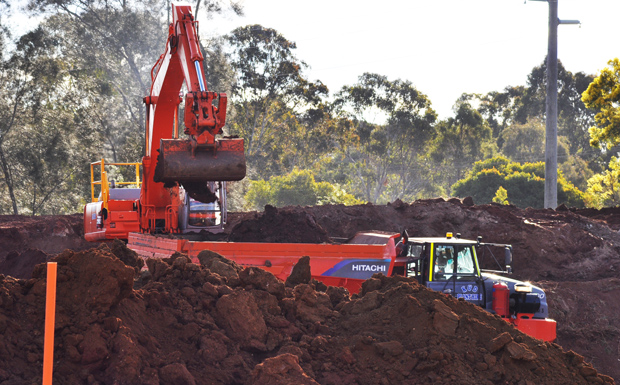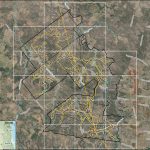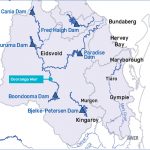
February 19, 2025
The saga of what will eventually happen with a large block of vacant Council land in Pound Street, Kingaroy, looks set to end soon.
South Burnett Regional Council voted on Wednesday to approve a deal where infrastructure charges will be waived on a proposed development on a portion of the area, in lieu of the gifting back of another portion – once the block is sub-divided – to a community not-for-profit association for a possible future housing project.
Council approved a tender for the 3.32ha block last December in a commercial-in-confidence deal, delegating CEO Mark Pitt to negotiate and finalise the sale contract.
The nature of what is proposed to be built on the major portion of the site is yet to be revealed as the sale is still subject to a due diligence process, but Council expects to finalise the sale contract within six weeks.
The site of the former Kingaroy Shire Council depot has been vacant for decades after the a depot opened in Ivins Street, Kingaroy, in March 2005.
Over the years, the Kingaroy Council – and then the amalgamated South Burnett Regional Council – tested market interest on several occasions.
Extensive rehabilitation, which included the removal of tonnes of soil, was completed in 2013 which allowed the block to be removed from the State Government’s Contaminated Land Register.
This improved its chances for sale but all offers always fell short of Council’s expectations for such a large block situated close to the Kingaroy CBD.
Rumoured projects over the years have included a “big box” discount supermarket, a retirement village, aged care facility or a work camp, but nothing ever eventuated.
Councillors voted unanimously at Wednesday’s general meeting to accept a recommendation to waive the infrastructure charges.
A portion of the land, once sub-divided, would then be transferred to the South Burnett Community Hospital Foundation.
Speaking after the meeting, Mayor Kathy Duff described it as “a historic moment” for Council.
Mr Pitt described the tender approved in December as the “most advantageous” for the region.
Related articles:






















